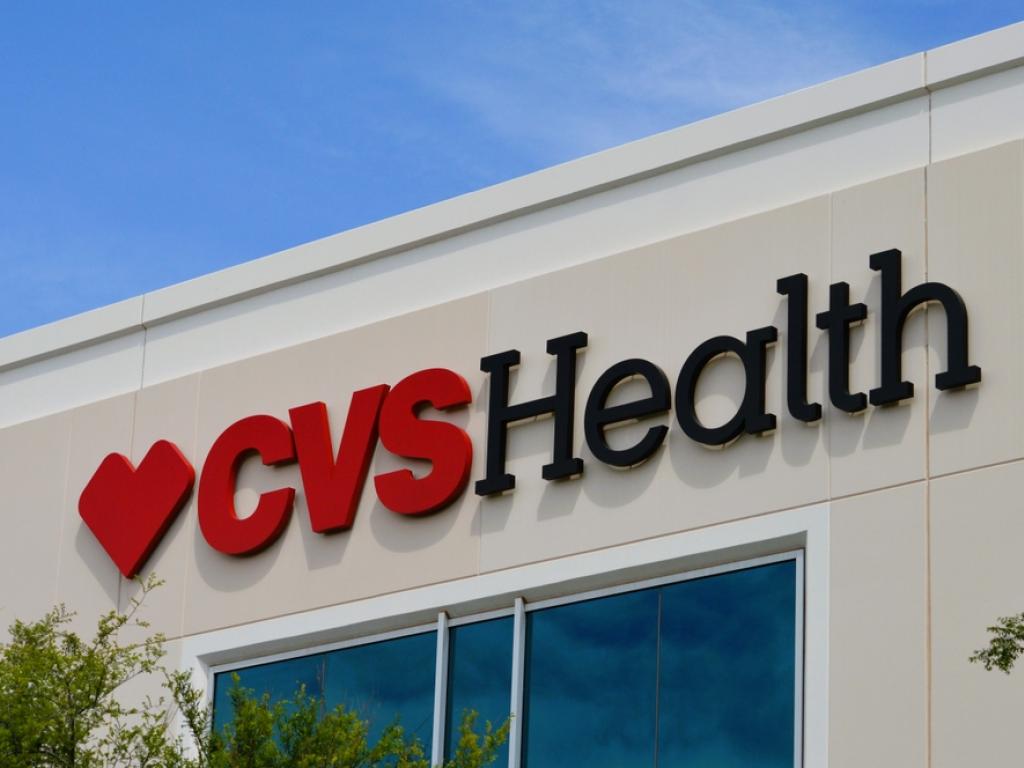FTC Investigation Uncovers Anti-Competitive Practices By Handful Of Pharmacy Benefit Managers, Including CVS Health, UnitedHealth
Author: Vandana Singh | July 09, 2024 01:46pm
The U.S. Federal Trade Commission (FTC) has highlighted significant concerns regarding consolidating pharmacies and health insurance companies, focusing on the influence of a few dominant pharmacy benefit managers (PBMs) on prescription drug prices.
An interim report suggests that these PBMs have amassed considerable profits at the expense of independent pharmacies and consumers.
The interim staff report, part of an ongoing inquiry launched in 2022 by the FTC, details how increasing vertical integration and concentration has enabled the six largest PBMs to manage nearly 95% of all prescriptions filled in the U.S.
Related: UnitedHealth’s OptumRx Unveils New Transparent Drug Pricing Initiative for 2024.
The FTC’s report reveals that the three largest PBMs—UnitedHealth Group Inc. (NYSE:UNH) through its Optum unit, CVS Health Corp. (NYSE:CVS) via CVS Caremark, and Cigna Corp. (NYSE:CI) through Express Scripts—manage 79% of U.S. prescription drug claims.
The other three players include Humana Inc (NYSE:HUM), MedImpact, and 19 BlueCross BlueShield plans.
Over the past 20 years, pharmacy benefit services have become increasingly concentrated. In 2004, the report added that the top three PBMs served a combined 190 million people and managed 52% of prescription drug claims.
“The FTC’s interim report lays out how dominant pharmacy benefit managers can hike the cost of drugs—including overcharging patients for cancer drugs,” said FTC Chair Lina Khan.
“The report also details how PBMs can squeeze independent pharmacies that many Americans—especially those in rural communities—depend on for essential care.”
Evidence suggests that as PBMs become more concentrated, they gain leverage to establish contracts that disadvantage smaller, independent pharmacies.
These contracts often lack transparency regarding total payment amounts, making it difficult for pharmacists to determine compensation.
The FTC report noted that PBMs and brand drug manufacturers negotiate prescription drug rebates, sometimes explicitly agreeing to limit access to cheaper generic and biosimilar alternatives.
Evidence indicates that these agreements can result in excluding lower-cost competitor drugs from PBM formularies in exchange for higher rebates from manufacturers.
The report also disclosed how companies often sign rebate contracts with drug manufacturers, where manufacturers pay Pharmacy Benefit Managers (PBMs) for favorable formulary placement and administrative fees.
Traditionally, PBMs negotiated these contracts directly, but recently, the top three PBMs have created separate entities, known as rebate aggregators, to handle negotiations for them and their clients.
These rebates significantly reduce the net prices for payers compared to the point-of-sale prices that affect patient cost-sharing and deductibles at pharmacies.
Price Action: CVS shares are trading higher by 1.12% at $57.53 at the last check on Tuesday.
Photos via Shutterstock
Posted In: CI CVS HUM UNH





